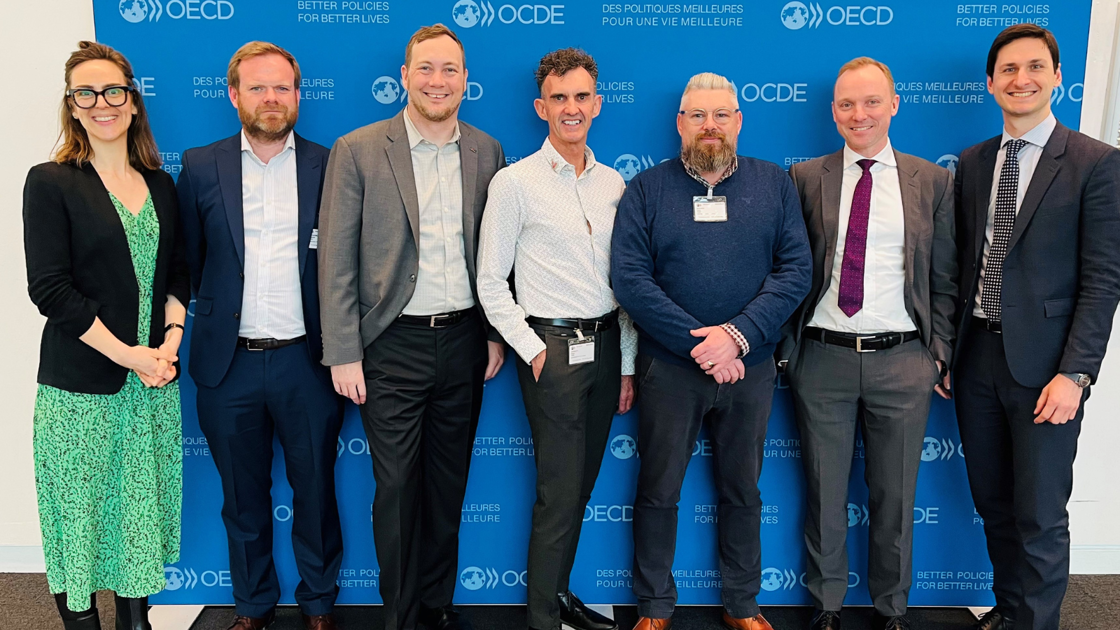At the OECD Steel Committee in Paris on 25-26 March, members of the Trade Union Advisory Committee (TUAC) said that this lack of vision will sideline the wellbeing and voices of steel workers in favour of short-term profit maximisation.
TUAC specifically raised issues with some steel companies refusing to sit at the table with union representatives, mentioning the specific case of Tata Steel in the UK, stressing the need for worker involvement from the start to the end of the transition process. Trade unions insist that companies invest in their sites and their workforce including site maintenance, and in turn, occupational health and safety with reports of worsening of working conditions in steel industries across the globe.
The situation is exacerbated by multinational companies exploiting competition between states over decarbonisation aid. There is a growing concern that workers will bear the cost of essential investments for carbon emission reduction, through mass dismissals rather than upskilling and re-training, even in steel companies that are not under financial pressure.
TUAC partners argue that the current changes in the steel industry do not equal a just transition, instead fearing an unjust transition where only financial goals are pursued over environmental and social priorities.
TUAC, IndustriALL Global Union and industriAll Europe urgently call for a re-evaluation of priorities within the steel industry, advocating for a balanced approach with workers at the table.
“This is a call to action for all stakeholders in the steel industry: the just transition is non-negotiable. It's time to replace corporate greed with a new vision that champions the rights, safety, and dignity of every worker,” says Christina Olivier, IndustriALL assistant general secretary.
Steel is one of the most exposed sectors to climate change and global excess capacity. It is only through collective action and shared responsibility that we can safeguard the interest of workers and contribute to global efforts to address climate change. We call on governments to make financial support to steel companies conditional on new investments in green technology, retention of workers and respect of social dialogue.
“While the OECD points to record global steel excess capacity, the risk of a slowdown in the global economy due to tightened monetary and fiscal policies makes the outlook for the steel industry and its workers even more difficult. We need governments to take decisive steps to support economic growth and to ensure that steelworkers are not left behind as the industry transitions to green technology,” concludes Veronica Nilsson, TUAC General Secretary.
The OECD Steel Committee followed industriAll Europe’s European Steel Action Day which saw steelworkers across Europe unite to demand urgent action to level the global playing field, ensure a successful green transition and for steel companies to respect their workers and the communities that they rely on.
“Our message is clear: all steel stakeholders need to up their efforts to tackle global overcapacity and climate change. Steel workers should not be abused in a race to the bottom on lowest cost production with no regard to the environment or international trading rules. We need action across the globe to ensure that steel is green, produced by workers with good working conditions and decent pay, while ensuring that trade is fair and respects international rules,’’ says Judith Kirton-Darling, General Secretary of industriAll Europe.
